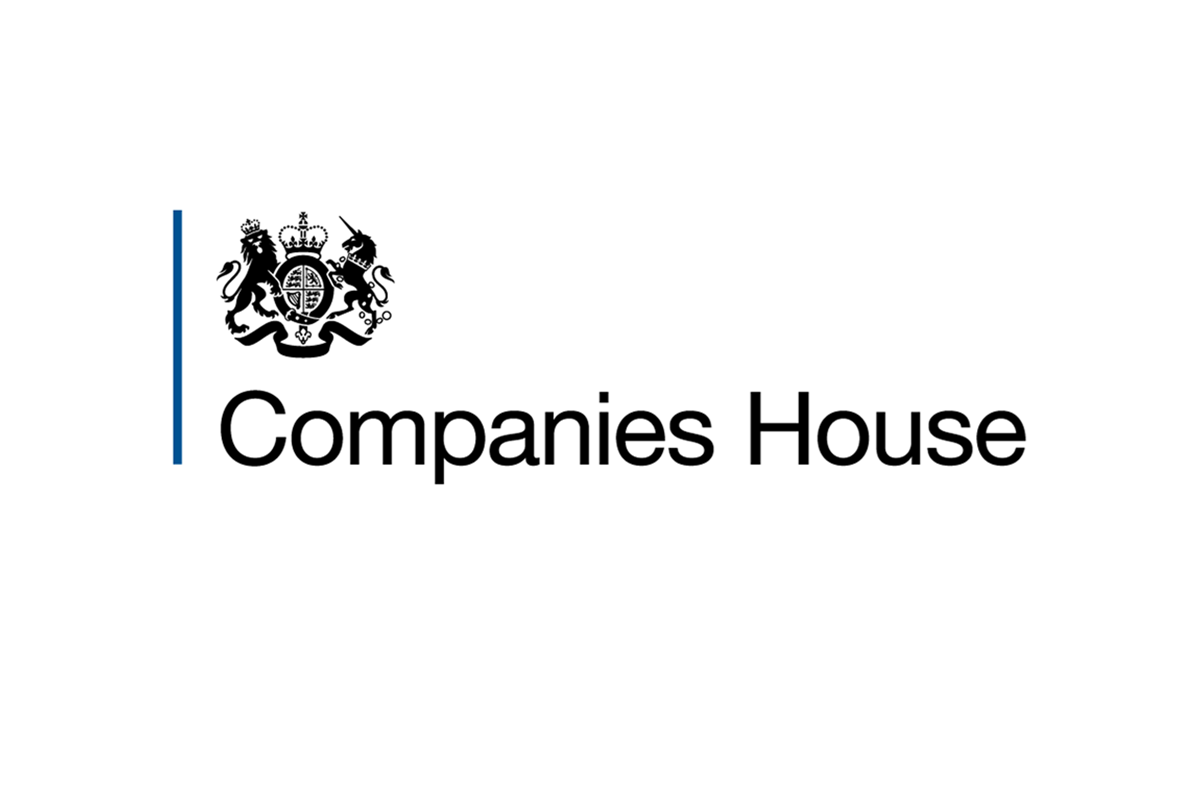The Economic Crime and Corporate Transparency Act, which received its royal assent in October, will herald a major shake-up for Companies House, according to Ministers, Security Services and Companies House CEO, Louise Smyth.
The new legislation is set to introduce new powers which will allow UK authorities to proactively target organised criminals, reduce fraud, improve security, and enhance company data. Whilst the bill itself has now received royal assent, the secondary legislation and implementation programme which will detail the exact nature of the new rules is currently being finalised and will come in due course. The announcement now is designed to give fair warning of change and to set an expectation for additional requirements, data and ID checks for all new and existing registered company directors, people with significant control and those delivering documents to the registrar.
The act has introduced 4 new objectives:
- To ensure that anyone who is required to deliver a document to the registrar does so (and that the requirements for proper delivery are complied with).
- To ensure information contained in the register is accurate and that the register contains everything it ought to contain.
- To ensure that records kept by the registrar do not create a false or misleading impression to members of the public.
- To prevent companies and others from carrying out unlawful activities or facilitating others to carry out unlawful activities.
Tidying up the register
One of the first areas for action, expected to be in 2024, will be improving the quality of the data already held on the register. The registrar will be taking steps to clean up the register, using data matching to identify and remove inaccurate information including the removal of invalid registered office addresses, such as those used fraudulently to set up companies.
Moving forward, new registrations will be required to submit more information than ever before with certain elements now becoming mandatory. All companies will need to supply a registered email address and you will no longer be able to register a company to a PO Box or mailing centre. It is likely that these changes with be retrospectively applied too and may form part of the annual return process. This will be confirmed when the secondary legislation and implementation plan is put forward.
Tighter security and anti-fraud checks
As well as improving the quality of the data held on the register, a key aspect of the changes is focused on improving security and reducing fraud. It will now be a requirement for all companies to confirm they’re forming the company for a lawful purpose when they incorporate. This undertaking, to confirm that its future activities will be lawful, will have to be repeated every year on the confirmation statement.
For new registrations, greater verification checks, and challenge will assess the identities of people setting up and managing companies, stopping criminals hiding behind false names or registering companies with fictional characters. This will help prevent fraudulent appointments and avoid people involved in money laundering hiding behind false names.
The registrar will also have greater powers to query information submitted as part of annual confirmation statements and new registrations. This includes the ability to scrutinise and reject information that seems incorrect or inconsistent with information already on the register. In some cases, they’ll be able to remove information.
Greater detail in annual accounts
In addition to improving the quality of data held on the register, the new legislation requires greater transparency, with small companies and micro-entities having to provide more detailed information in their annual accounts submission. Small companies are deemed to be those with a turnover of £10.2m or less, £5.1m or less on its balance sheet, or having up to 50 employees and micro-entities have a turnover of £632,000 or less, £316,000, or less on its balance sheet, or up to 10 employees. In due course, both will be required to file a profit and loss account and small companies will also have to file a director’s report, meaning turnover will become part of the public register. The option to prepare abridged accounts will be removed.
Fee increases
As part of the announcement of the new powers, the CEO of Companies House confirmed that from early 2024 there will be an increase in their fees to cover their work. Companies House fees are set on a cost recovery basis meaning that its overall operation should be covered by the money it charges for standard functions including company registrations and access to information and documents. Whether this will result in people once again being charged to access information through the Directors and Companies look up has not been made clear.
